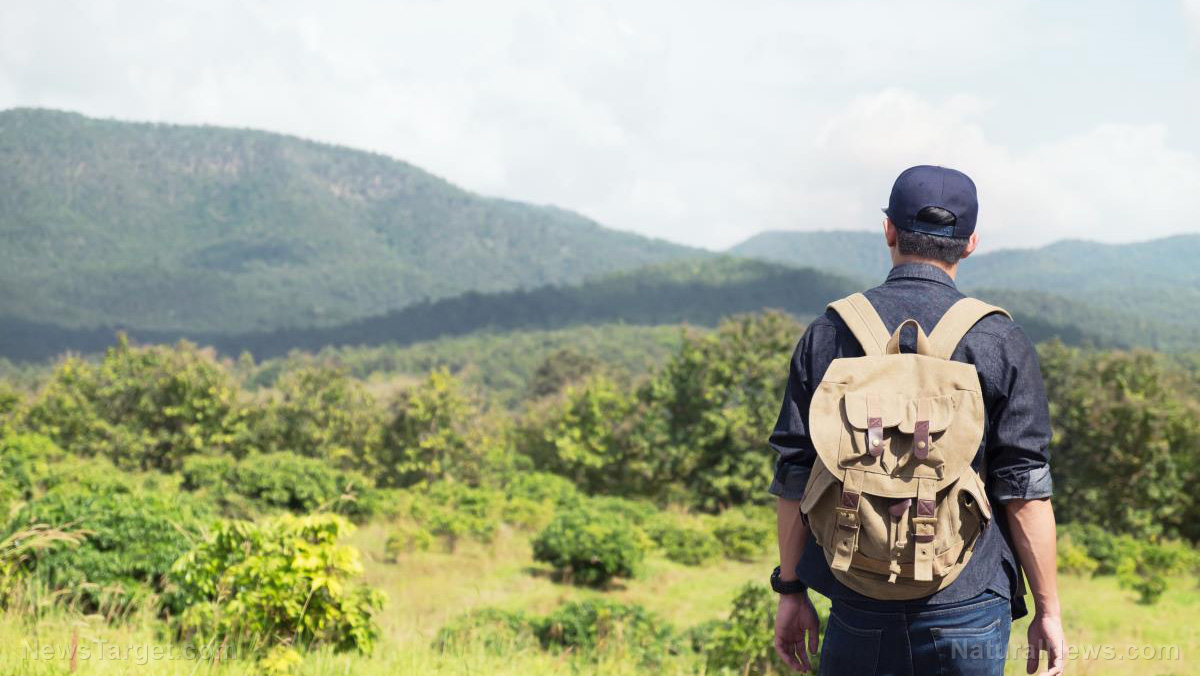
In an SHTF scenario which everyone hopes will never happen, an air rifle can be play a key role in a modern survival weapons cache because of several important advantages, the Survivopedia.com website explains. An air rifle can be particularly useful for small game hunting, which obviously can come in handy upon a disruption of or shortage in the conventional food supply
In addition to a dependable air rifle serving as a low-cost, effective training device, there are other apparent advantages such as low noise (important for stealthy small animal hunting), ease of shooting, high degree of accuracy with iron sights, and inexpensive ammunition that seldom goes bad. Inasmuch as air rifles aren't considered firearms in most jurisdictions, they can be legally owned and operated in a majority of states (although you should carefully check the laws in your state first because definitions and stipulations vary widely).
The website also claims that an air rifle is a very practical stash gun. "It can be buried in an air and water tight container with a couple of tins of pellets and then easily retrieved at a later time."
Air rifles most commonly come in three calibers: .177, .20, or .22, and can be powered by either the spring and piston, air cartridge/tank, or air pump systems.
The Air Rifle Hunter website advises that urban areas often restrict air rifle usage to gun ranges, however, so again, it's important to research all laws and regulations that might apply.
Be sure to check any and all hunting laws that may apply in your state as well.
Separately in the context of responding to a natural or man-made SHTF disaster, Natural News has reaffirmed that recent disasters like Hurricane Harvey or Irma make prepping a good idea. For the price of a new iPhone, which runs about $1,000 or so, you could buy and stockpile a large amount of emergency rations.
In the case of a grid-down situation, four personal communications devices that have both pluses and minuses depending upon the circumstances worth considering are CB radio, satellite phone, GMRS radio, and/or amateur (ham) radio. (Related: Read about more prepping at OffGrid.news.)
It has also been recommended to keep important documents themselves or copies of them in a waterproof pouch in your grab-and go, or bugout bag if the SHTF. These include personal IDs such as driver’s licenses, passports, and military identification/proof of military service, the title to your house and car (which for many people is usually stashed in a safe deposit box), birth certificates and marriage licenses, and other licenses such as concealed carry permits or other firearms licenses. Should they become lost as you head for the hills or away from the hills, replacing many of these documents could be a bureaucratic nightmare.
Sources include:
Please contact us for more information.














